Naevius Sutorius Macro: The Rise and Fall of a Roman Prefect
The annals of history are replete with figures whose lives are a testament to both the virtue and vice of human ambition. One such figure is Naevius Sutorius Macro, a man whose influence at the heart of Roman power was both pivotal and perishable. His story is one of ascension to power, adept maneuvering within the vicious political landscape of ancient Rome, and eventually, a swift fall from grace.
The Early Life and Career of Macro
Little is known about Macro's early life—a common predicament for those born outside the ranks of the Roman elite. Born into a family of equestrian status, Macro had the potential but not necessarily the path smoothed by noble pedigree. His early years would have involved the typical pursuits expected of someone within his class, focusing on education, training in the art of military tactics, and mastering the intricacies of Roman politics.
Macro's entrance into public life came through service within the Praetorian Guard, an institution initially established to serve as the personal bodyguards of Roman emperors. This role undoubtedly provided him with insight into the machinations of power at Rome's epicenter, as success within the guard was often dependent as much on understanding political currents as on martial prowess.
Ascension to Power
Macro’s major break into the higher echelons of power came around 31 AD, at a time of grave uncertainty within the Roman Empire. The reign of Emperor Tiberius was marred by increasing paranoia and autocracy. Lucius Aelius Sejanus, then-prefect of the Praetorian Guard and a man of considerable influence, had fallen from favor, accused of treason and ultimately executed. This left a vacuum in one of the most crucial positions within the Roman state, which Macro adroitly filled.
As the new Praetorian Prefect, Macro found himself at the confluence of military might and political intrigue, granting him a substantial degree of power. His adeptness in managing the emperor's whims and wielding influence bolstered his standing among the Roman elite. Unlike Sejanus, Macro understood the necessity of remaining in the emperor's shadow rather than seeking power outright, a strategy that initially served him well.
The Tiberian Transition
Macro's tenure coincided with the latter years of Emperor Tiberius’ reign. Tiberius, having retreated to the island of Capri, had become increasingly disengaged from direct rule. This left Macro with the delicate task of bridging communications between the emperor and the Senate, a role that allowed him to both safeguard and subtly shape imperial policy.
His political acumen was again demonstrated during the transition of power following Tiberius' death in 37 AD. Macro played a pivotal role in facilitating a smooth succession to the youthful Gaius Caesar Germanicus, more popularly known as Caligula. Supporting Caligula over other possible contenders suggested Macro's anticipation of the winds of change, and indeed, he was instrumental in securing Caligula's place on the throne.
Under Caligula's Regency
Initially, Macro enjoyed a favored status within Caligula's court. Here, he demonstrated an understanding of the emperor's personality, managing court matters with tact and discretion. However, the capricious nature of Caligula's rule soon rendered Macro's position precarious. The new emperor's increasingly erratic behavior made it difficult for even the most seasoned politicos to navigate court dynamics safely.
Macro’s influence began to wane as Caligula’s paranoia and ruthlessness grew. Recognizing the potential threat posed by such a capable and once-powerful advisor, Caligula dismissed Macro from his post. The dismissal marked the onset of Macro's dramatic fall, reflecting the volatile and perilous landscape of Roman political life where the fortunes of even the mightiest could shift at a moment’s notice.
In spite of the precariousness of his position, Macro served a crucial role during one of the most turbulent times in Roman imperial history. His actions helped shape the course of succession during a highly delicate transition. Yet, despite his initial acumen and influence, Macro would soon find the broader historical forces within the empire to be uncontrollable, leading to personal risk and eventual demise.
The next segment of Macro’s story will explore the consequences of his fall from favor and the enduring legacy of his complex relationship with imperial power. Stay tuned for the continuation of this captivating historical narrative.
The Decline of Naevius Sutorius Macro
As is often the case in the corridors of power, the same qualities that elevated Macro to a position of influence eventually led to his downfall. Caligula, who was once a beneficiary of Macro's political acumen, began to perceive his former protector as a potential threat. The ease with which Caligula's transition to power was facilitated served as a double-edged sword for Macro. What should have been a boon turned into suspicion in the emperor's eyes—a demonstration of Macro’s capability and ambition that could just as easily be directed elsewhere.
Soon after assuming power, Caligula's behavior became increasingly erratic. His initial acts as emperor were characterized by generosity and clemency, but this goodwill quickly deteriorated. Historical accounts depict Caligula as indulging in tyrannical excesses, acting on whims with no regard for precedent or tradition.
Intrigues and Suspicions
In this charged environment, Macro found himself vulnerable. Despite his attempts to remain a loyal advisor, Caligula's capricious nature and growing paranoia proved disastrous. Macro's rise to power, predicated on his ability to read and respond to the demands of those above him, became his Achilles' heel. He could not have anticipated the sudden transformation from ally to adversary in Caligula’s mind.
Fueling the emperor's anxiety were whispers and insinuations at court. Every success Macro had achieved was recast as potential evidence of treachery, and his association with the previous regime further exacerbated suspicions. The fallacy of court life is that loyalty often becomes indistinguishable from scheming, as Macro learned to his peril.
Caligula's Calculated Disfavor
The emperor orchestrated Macro's removal in a manner befitting his penchant for dramatics. It began with a demotion where Macro was stripped of his prefecture, a public signal of his diminishing favor. Shortly thereafter, Macro was ensnared in scandal. Caligula accused him of conspiring against the throne, of abetting in schemes of sedition against the divine emperor—a charge that reflected Caligula's need to exhibit power while excising any perceived threat.
Unlike some predecessors who met such charges with violence or flight, Macro faced the accusations with surprising composure, perhaps mindful that the construction of these suspicions was as fragile as the emperor's mental state. However, his fate was sealed not by evidence but by Caligula's decree. The emperor, desiring complete control over those in his inner circle, saw no room for a man whose influence had once run so deep.
The Fall: A Swift and Final Act
With court rumors stoking fires of doubt, Macro’s position became untenable. Under immense pressure and recognizing his untenable position, Macro accepted his fate pragmatically—an acceptance that his story had reached its inevitable dissolution in the violent churn of Roman politics.
Accounts of Macro's end vary, hinting at the difficulties in piecing together the web of truths and fabrications typical of ancient historical narrative. Tacitus and Suetonius, two of Rome’s foremost historians, each lend a different lens to Macro's demise. The specifics of his death are shrouded in mystery; some sources suggest he was forced to end his own life, a final act of subjugation that speaks volumes to the absolute hold Caligula—and the imperial apparatus—had over its servants.
This brought to a close the meteoric rise and fall of Naevius Sutorius Macro. His life as a Roman prefect highlights the perennial struggle between power and peril. Within a few brief years, Macro had navigated the peaks of success and the depths of ruin, with little but experience and memories to mark his journey upon the global stage of history.
Legacy and Lessons
The story of Naevius Sutorius Macro is a classic tale of ambition, power, and downfall within the intricate tapestry of Roman politics. His legacy is not one of durable achievement or grand reform, but rather as a reflection of the innate volatility at the heart of imperial administration. The constant presence of intrigue, ambition, and mortal danger were defining characteristics of life at Rome's political zenith, where to rise was to court risk, and to fall was nearly inevitable.
Macro's life serves as a reminder of the complex personalities and fraught political landscapes that have shaped human history. While his contributions may not have permanently altered the course of Roman governance, his story provides insights into the broader dynamics and intrigues of the Roman Empire at a time of significant transformation.
In our next segment, we will delve deeper into the implications of Macro’s career for the Roman Imperial system and examine how his personal journey mirrored broader dynamics of power and influence that continued to shape the empire long after his death. Stay tuned as we explore the ever-turning wheels of history and the lessons that can be derived from Macro’s conflicted legacy.
The Broader Implications of Macro's Career
While Naevius Sutorius Macro may have disappeared from the political scene with striking rapidity, his career continues to offer poignant lessons about the nature of power within the Roman Empire. His rise and fall were not isolated incidents but reflective of broader systemic dynamics characterized by intrigue, betrayal, and the relentless pursuit of influence.
A Lens into the Roman Imperial System
Macro’s tenure as Praetorian Prefect offers a compelling lens through which to examine the administrative and political structures of the Roman Empire. The power concentrated within the Praetorian Guard, which Macro wielded adeptly, exemplified the militaristic undercurrents that frequently shaped political destinies. The position itself was a fulcrum upon which the balance of power could tilt. Prefects held significant sway over the emperor’s safety, making them indispensable allies or dangerous enemies—a dichotomy prominently showcased by Macro’s career.
The guard's influence in succession politics, especially during the uncertain transitions of emperors, highlighted Rome's dependency on military endorsement. Macro’s actions in securing Caligula’s ascension underscored the guard's indirect hand in steering imperial legitimacy, demonstrating that the emperor’s divine symbolism was sometimes no match for the earthly power of military backing.
The Cost of Political Intrigue
The demise of Macro's career also underscores the perilous cost of existing in a world rife with political intrigue, where the delicate balance between ambition and survival was a constant, oppressive presence. Macro’s success depended not only on his acumen but also on navigating the emperor's ever-shifting moods and the mercurial allegiances of the Roman elite. His experience exemplifies the perennial truth that in realms where power is absolute, trust is a rare and often lethal commodity.
Furthermore, the culture of suspicion that defined Caligula’s court serves as an important historical lesson on the dangers inherent in centralized autocracy. The fragility of an individual’s success, as evidenced by Macro’s fall, sheds light on the broader vulnerabilities of a political system that eschewed institutional continuity in favor of personal loyalty and the emperor’s goodwill.
Macro's Legacy in Context
Macro’s legacy is reflective of a pivotal period in the Roman Empire—a crossroads where the currents of republican tradition met the tide of authoritarian imperial governance. Here's a figure whose own ambitions and cunning allowed him to stride confidently through the annals of history, yet who was ultimately undone by the very system he navigated so adeptly.
Despite his personal aspirations and transient successes, Macro’s most enduring impact lies in the way he epitomizes the intricate power play of Roman politics—a world where alliances were fragile, and the line between power and vulnerability was often razor-thin. In navigating this world, Macro highlighted the perennial challenges faced by those who seek to harmonize ambition with the ever-volatile nature of imperial favor.
Lessons for the Future
Looking back at the life of Naevius Sutorius Macro, we find a narrative rife with lessons still relevant to contemporary discussions of power and governance. The risks he encountered and the ultimate futility of personal agency in a system dominated by imperial caprice underscore the timeless nature of political caution.
As both an architect and victim of Roman political dynamics, Macro’s life serves as both a cautionary tale and an insightful historical reflection. His story encourages modern readers to consider the value of institutional reform over personal ambition and highlights the intricate, oftentimes perilous dance involved in positions of high power, where perception and trust can alter the course of history itself.
By situating Macro within the broader narrative of Roman history, we gain a deeper understanding of the factors that shaped one of the world’s greatest empires and continue to inform discussions on leadership and political legacy. Ultimately, the complex dance of power embodied in Macro’s career resonates through the ages, serving as a testament to the enduring nature of ambition and the trials it entails.
In closing, the study of Naevius Sutorius Macro's life not only enriches our understanding of a transformative epoch in Roman history but also offers timeless insights into the human condition and the intricacies of wielding—and surviving—great power.




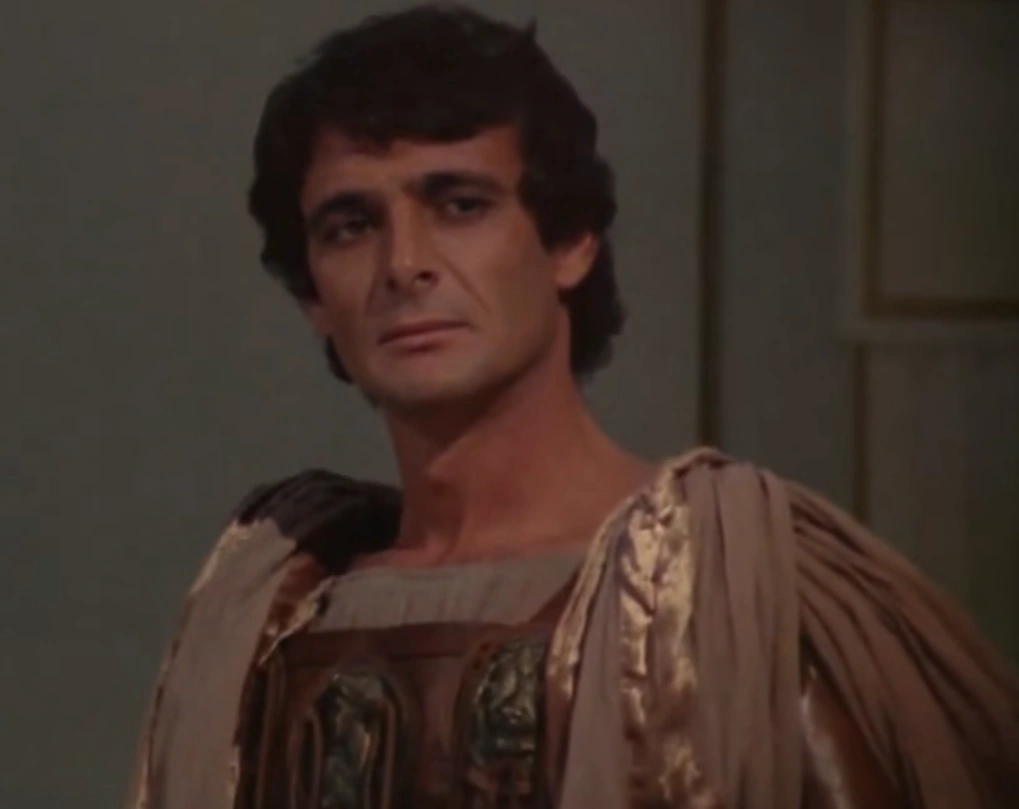





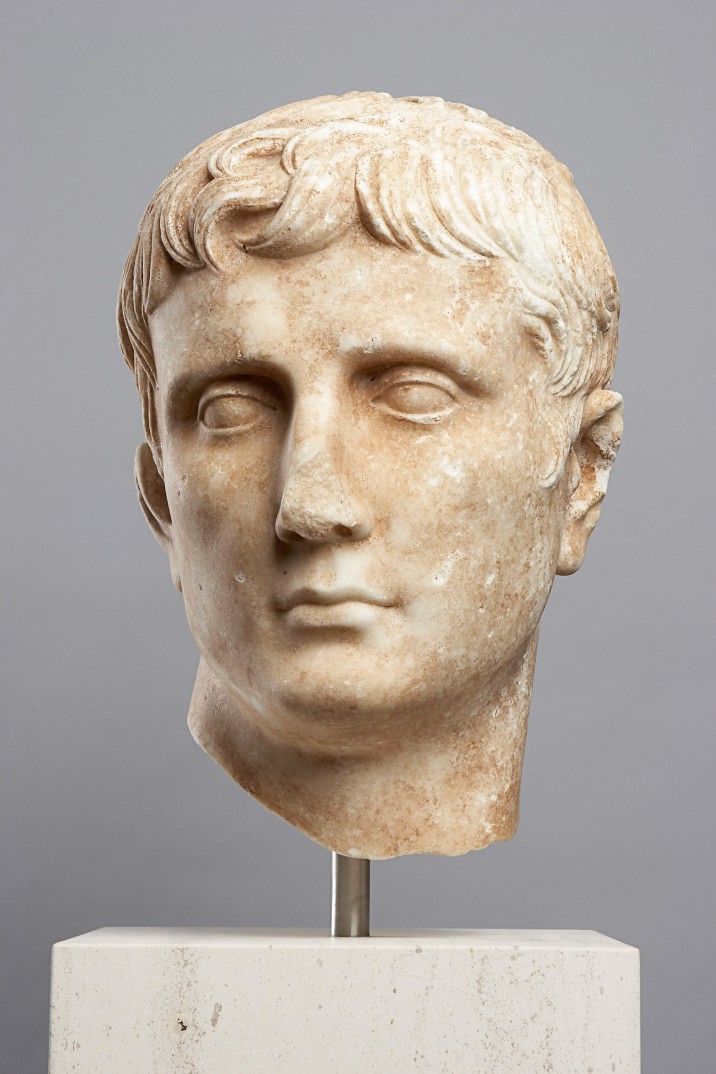


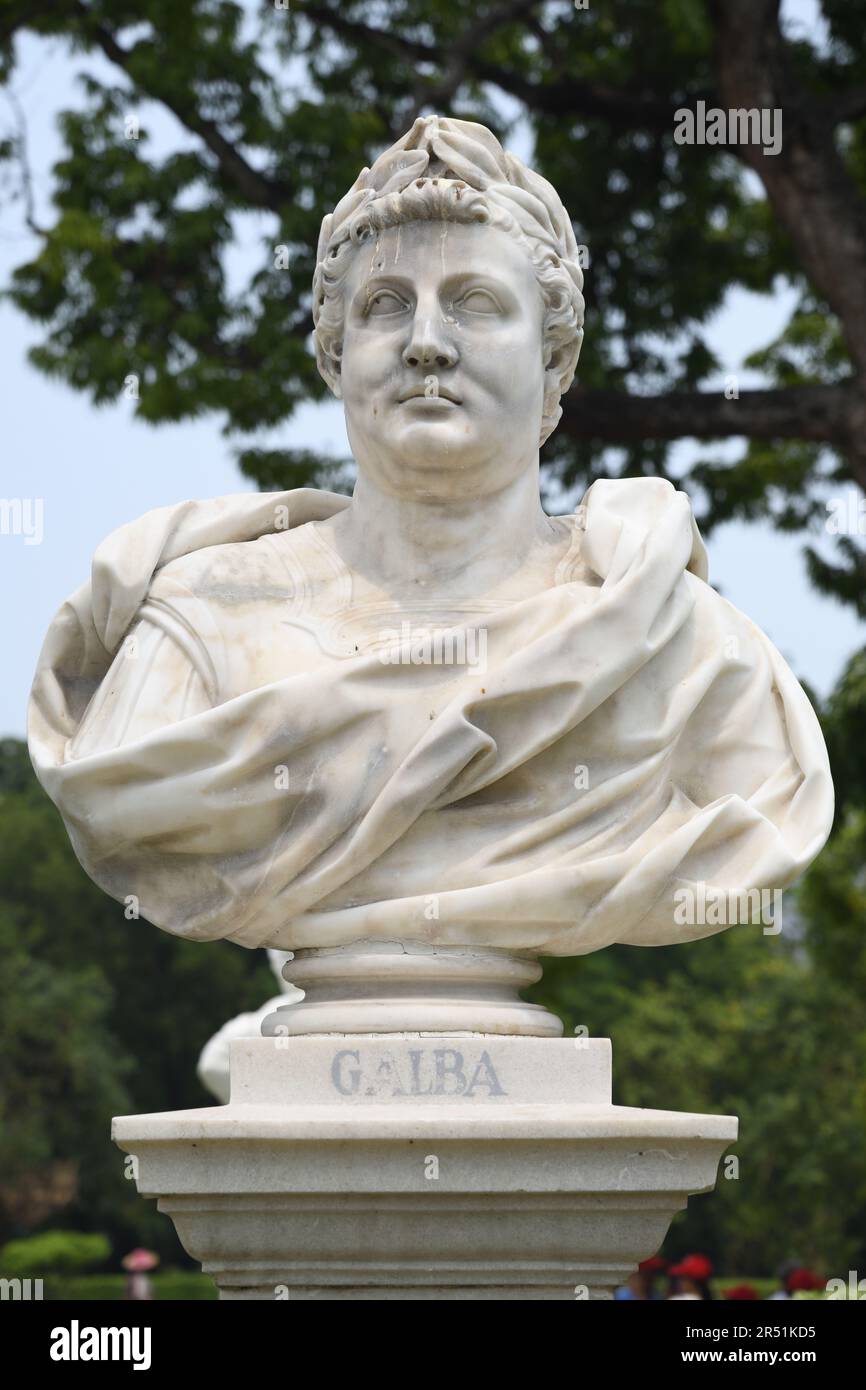

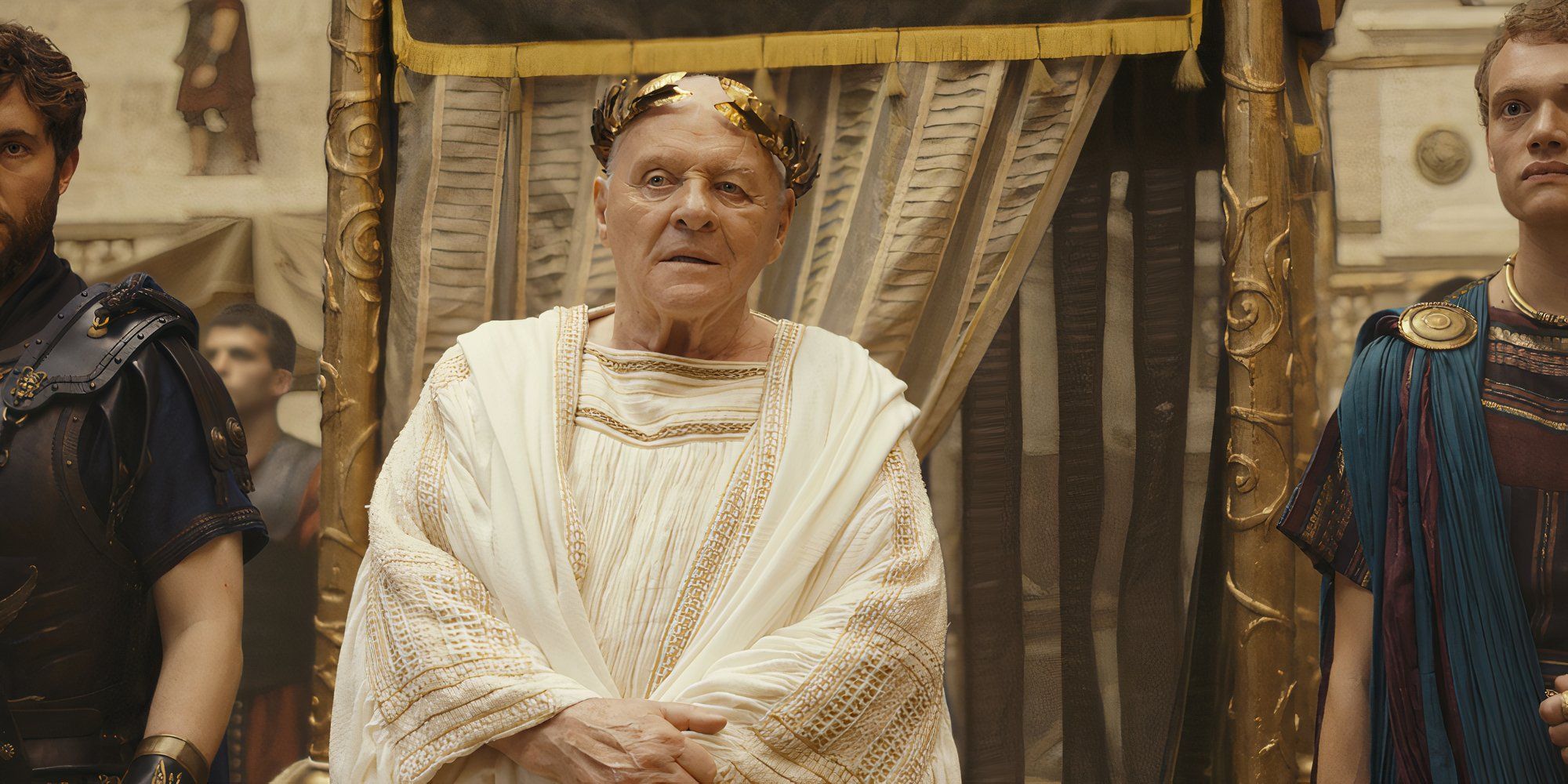



:focal(1134x648:1135x649)/https://tf-cmsv2-smithsonianmag-media.s3.amazonaws.com/filer_public/49/26/4926c5f7-b1c9-4b5c-842c-cfe6cdb13a1d/panoramica_1.jpg)
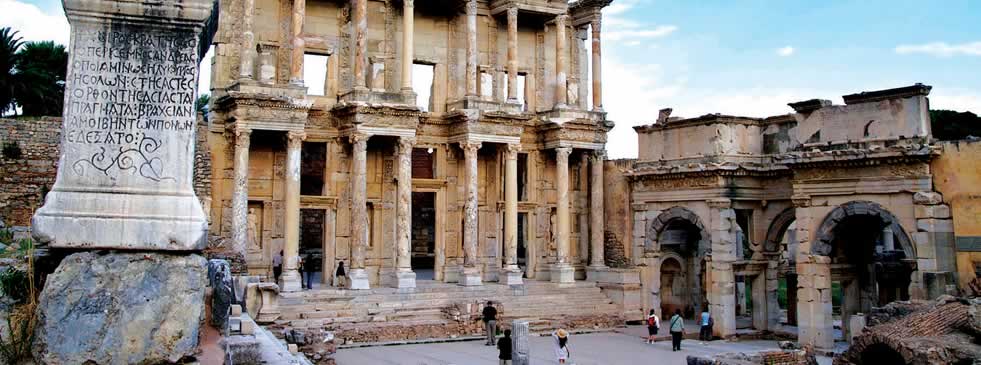
Comments